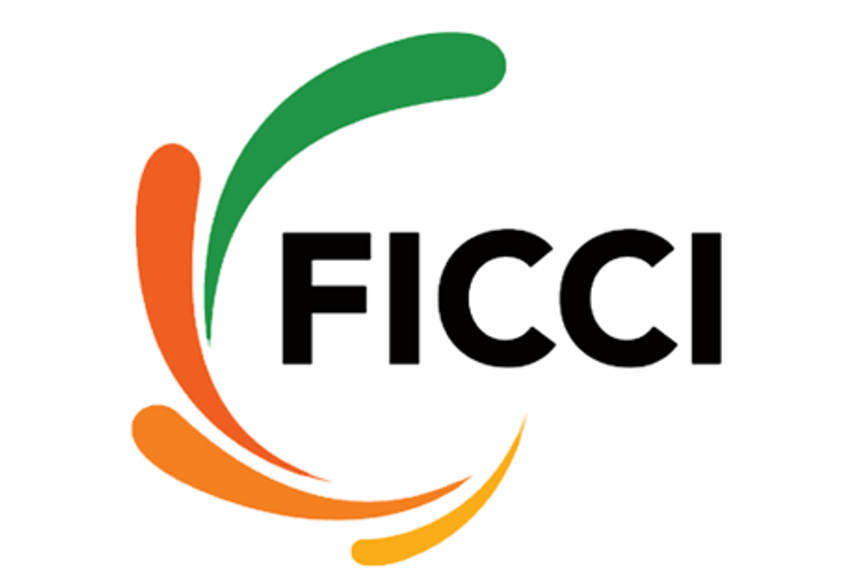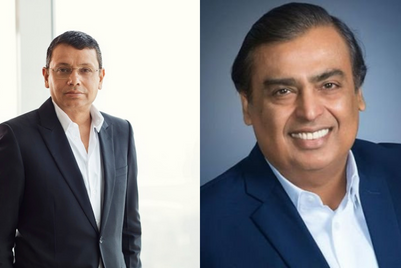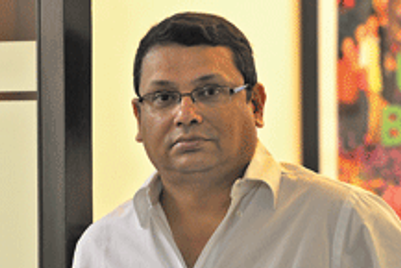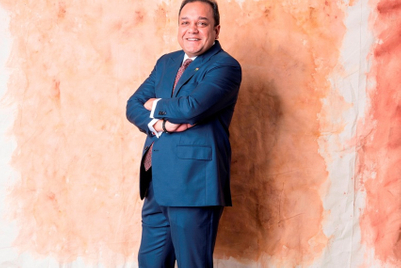
Opening Remarks
Uday Shankar, chairman, FICCI Media and Entertainment Committee, and CEO, Star India, made the opening remarks at the 15th edition of FICCI Frames 2014.
Shankar noted that the media and entertainment sectors had grown at thrice the rate of growth of the country. He said, "Amidst an environment of gloom in the country, media and entertainment grew at 12 per cent in 2013. This shows the tenacity of the industry as the rest of the country grew at just 4 to 4.5 per cent. In the dollar terms we've not grown that much and fallen short of the 100 million dollar growth target though. But this is not a sector whose value is measured just by the size of its financial contribution. Media and entertainment remains central to defining the direction of India’s social and economic path."
Shankar then spoke about the importance of the relationship between the government and the media and entertainment sectors. "No relationship is more important than the government-media relationship.The natural instinct of the state is to control the message and the messenger. The media wants to do exactly the opposite and that's why the relationship is bordering disfunctionality. There are no complaints from leaders when the media trumpets State leaders, but when they do the opposite, they're called corrupt. What outrages me is that the media is creating heroes on a particular day only to be labelled as thugs and crooks the next," opined Shankar.
He also spoke about why the industry was on the back foot. "The failure to establish credibility and importance has meant the industry perennially stays on a back foot, defending itself against every new wave of regulation aimed only at further curtailing its wings. In return, the government has not been able to leverage either the impact that mass media can have in India or harness the power of media as an economic engine that can create jobs and wealth. It is therefore appropriate that the weeks before the elections is the right time to call for a new contract between the government and the media. One that reaffirms both stakeholders to the theme of this year’s topic at FICCI: 'Transforming Lives'."
Shankar ended his address saying that the next government should recognise the agenda of the Information and Broadcasting Ministry. “Do you see media as a tool for transforming lives thereby using it in the interest of serving the population or as something so powerful that it needs to be controlled? The regulatory agenda is one of the most crucial parameters that will shape how this industry will look like in the next 5, 10 and 15 years, and after some progress in the last few years, this agenda has now completely stalled."
Keynote
After Shankar's opening remarks, Punit Goenka, CEO and MD, ZEEL, delivered the keynote address.
Goenka underlined that media and entertainment had played a role in changing the country over the past 20 years, enhancing the economy by employing over six million people. TV had ‘seen it all’ this year, he said, referring to major reforms through digitisation, the 12 minute ad-cap and BARC.
"Print grew by 8.2 per cent during 2013 to reach a total of Rs 24,300 crores. Films have moved from setting Rs 100 crore and Rs 200 crore revenue models and we could see Rs 1,000 crores achieved. So, the time is to unleash innovation and creativity for higher growth. It's not only about the Indian media industry, but the global media industry now that we can produce content for that market. The global media and entertainment industry is full of opportunities. A PWC study said that the global media industry grew at 5.6 per cent, generating a 2.2 trillion revenue. As an industry we're geared up to face the global audience and I firmly believe that we can entertain the world," added Goenka.
He said, "Content creators need to be present across time slots and across multiple screens. The mobile internet spends (in India) were more than the internet spends in USA and North Korea. So content creators have to look at multiple mediums," surmised Goenka.
Vision Statement
A ‘Vision Statement’ was delivered by Bimal Julka, secretary, ministry of Information and Broadcasting, Government of India.
He said, "The Ministry of Information and Broadcasting has initiated several policies in the past few years. The initiatives we have undertaken has helped make India a hub for the media and entertainment industry globally. We're at the cusp of change and that change is going to come because of digitisation. Liberal policies will help change. Currently India is one of the largest broadcasting countries in the world. We have 77 million cable TVs, out of which eight million have DTH. We have 800 channels, half of which are about current affairs or news channels. The country has 60,000 cable operations and 6,000 MSOs. I have no doubt that India is undertaking a paradigm shift currently. The first two phases of digitisation are over and we need 110 million Set Top Boxes for the next two phases and this provides an excellent opportunity for employment. In the cities where digitisation has taken place there has been an increase of two to three per cent in tax collection as well."
Julka then spoke of what he said was a critical issue - TV ratings. "We are of the firm view that self regulation by the industry is the best option as far as TV ratings are concerned. The Indian Broadcasting Foundation had set up a Broadcast Audience Research Council (BARC) and is going ahead with appointing a rating agency. BARC needs to speed up the process so that ratings may be generated without delay."
On FM radio, Julka said, "The Ministry’s policies had ensured vibrant growth in the sector, with 245 FM channels launched in 86 cities since 2005. The third phase of FM auction for 839 channels is currently underway."
The official then pointed out the challenges in the sector:
- Complete digitisation: Out of the 140 to 150 million TV homes, only 31 million have been addressed.
- Rationalisation of taxes: STB manufacturers demanding that VAT and CST should be done away with.
- Content Monitoring: Self regulation is the best way here too, said Julka.
He further urged the film industry to shoot films in India, as the Ministry now offered a single window clearance for the same.
Also read:
FICCI Frames 2014: ‘Put out in the public domain how regulation changes will make a difference’
FICCI Frames 2014: ‘The core of news is still hungry and going in the right direction’: Raghav Bahl


.jpg&h=334&w=500&q=100&v=20250320&c=1)
.jpg&h=334&w=500&q=100&v=20250320&c=1)


.jpg&h=334&w=500&q=100&v=20250320&c=1)

.jpg&h=334&w=500&q=100&v=20250320&c=1)

.jpg&h=334&w=500&q=100&v=20250320&c=1)









